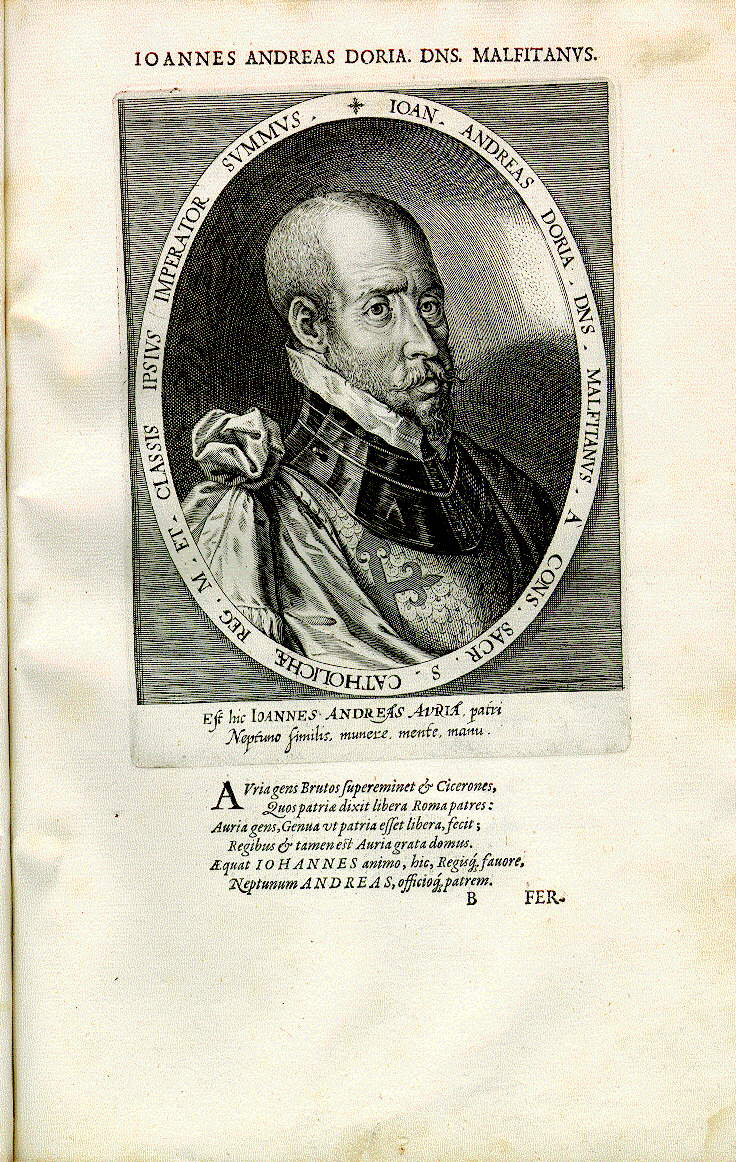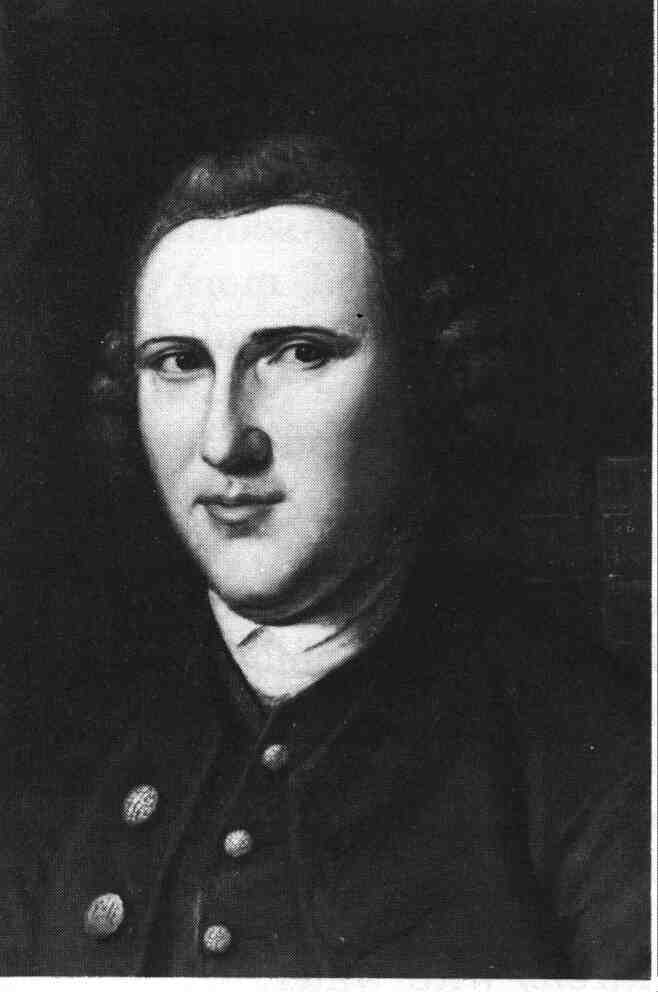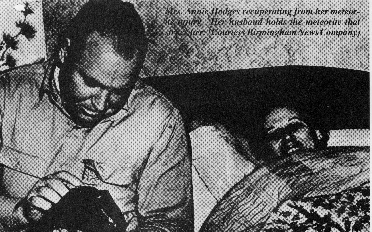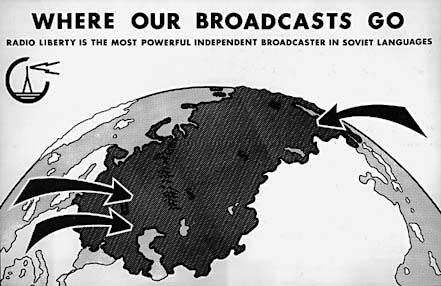
November 30
1016 Death: Edmund II, Ironsides, King of the Saxons (1016), at 27.


1554 Birth: Philip Sidney, in England, poet, statesman, soldier (Arcadia).


1729 Birth: Samuel Seabury, first bishop of the American Protestant Episcopal Church. Following the American Revolution, Seabury will help formulate the constitution to make the American Protestant Episcopal Church independent and autonomous from the Church of England.
1793 Birth: Johann Lukas Schonlein; will help establish scientific medicine.
1803 Spain cedes her claims to the Louisiana Territory to France.

1810 Birth: Oliver Fisher Winchester, rifle maker (Winchester).
1817 Birth: Theodor Mommsen, in Germany, historian, writer (Nobel 1902).
1835 Birth: Samuel Langhorne Clemens, better known as Mark Twain, in Hannibal, Missouri.
1838 Mexico declares war on France.
1861 US Civil War: The British Parliament sends to Queen Victoria an ultimatum for the United States, demanding the release of two Confederate diplomats who were seized on the British ship Trent.
1863 Birth: Andres Bonifacio, leader of 1896 Philippine revolt against Spain.


1866 Work begins on the first US underwater highway tunnel, in Chicago.

1900 Boer War: The French government denounces British actions in South Africa, declaring sympathy for the Boers.
1900 Death: Oscar Wilde, Irish born playwright, at 46; in a Paris hotel room after saying of the room's wallpaper: "One of us had to go."
1906 President Theodore Roosevelt publicly denounces the segregation of Japanese schoolchildren in San Francisco.
1915 Birth: Henry Taube, chemist (Nobel 1983).

1917 WW1: In France, Germans forces counterattack in the Cambrai salient.

1919 Women cast votes for the first time in French legislative elections.
1927 A Soviet delegation arrives in Geneva to take part in the deliberations of the preparatory commission on disarmament.

1933 Goering removes the Gestapo from the control of the Interior Ministry.


1936 Birth: Abbie Hoffman, 'leader' of the Yippie Movement, activist, entertaining author.
1936 Zionism: Moshe Shertok, head of the Political Department of the Jewish Agency, testifies before the Peel Commission, blaming the Colonial Office and its restrictive immigration policy as the reason for "illegal" Jewish immigration to Palestine. (Edelheit)


1940 WW2: Romanian Foreign Minister Sturdza leaves Berlin.

1942 WW2: Romanian leader Marshal Antonescu makes his first secret contacts with the Western Powers.

1942 Stalingrad: The Soviets attack to clear the Germans from the lower Chir. A weeks heavy fighting follows, during which von Manstein is forced to deploy formations earmarked for 'Winter Storm,' which results in a postponement of that operation. The Soviets, however, fail to break through. (Messenger)
1947 The day after a UN decree for Israel's right to exist, Jewish settlements are attacked.
1948 The Soviet Union completes the division of Berlin, installing a hand-picked government in the Soviet sector.
1949 Chinese Communists capture Chungking.
1950 Korea: President Truman declares that the United States will use the A-bomb to get peace in Korea.

1954 The first modern instance of a meteorite striking a human being occurs at Sylacauga, Alabama, when a meteorite crashes through the roof of a house and into a living room. It bounces off a radio, and strikes a woman on the hip. The victim, Mrs. Elizabeth Hodges, is sleeping on a couch at the time of impact. The space rock is a sulfide meteorite weighing 8.5 pounds and measuring seven inches in length. Mrs. Hodges is not permanently injured but suffers a nasty bruise on her hip and leg. Ancient Chinese records tell of people being injured or killed by falling meteorites, but the Sylacauga meteorite is the first modern record of this type of human injury. In 1911, a dog in Egypt was killed by the Nakhla meteorite.
1956 The United States offers emergency oil to Europe to counter the Arab ban.
1961 The Soviet Union vetoes a UN seat for Kuwait, pleasing Iraq.
1962 U Thant of Burma is unanimously elected the third Secretary-General of the UN.
1964 The USSR launches Zond 2 towards Mars, but no data is ever returned.
1966 Barbados gains independence from Britain, now a National Day.

1967 The Kuria Muria Islands are ceded by Britain to Oman.
1967 The People's Rep of South Yemen (Aden) gains independence from Britain.
1974 Pioneer II sends photos back to NASA as it nears Jupiter.
1982 The US submarine Thomas Edison collides with a US Navy destroyer in the South China Sea.

1988 The UN General Assembly (151-2) censures the US for refusing the PLO's Arafat a visa.
1990 Desert Shield: President George HW Bush proposes a US-Iraq meeting to avoid war.

2001 An anti-Taliban force of Pashtun fighters captures a strategic peak near Kandahar's airport without a fight. A Pashtun aid declares, "Soon you will hear we are advancing on Kandahar. When we are ready, we will make our way north slowly, and in a week or 10 days, we will have the city." Capture of the high ground near Kandahar will ease access to the city for a contingent of US Marines who set up a base 80 kilometers southwest of Kandahar.


2001

2002

2003

2004

2004

2004

2004

2004

2004

2004

Visit:




 Visit:
Visit:

Click Here to email the History: One Day At a Time webmaster.